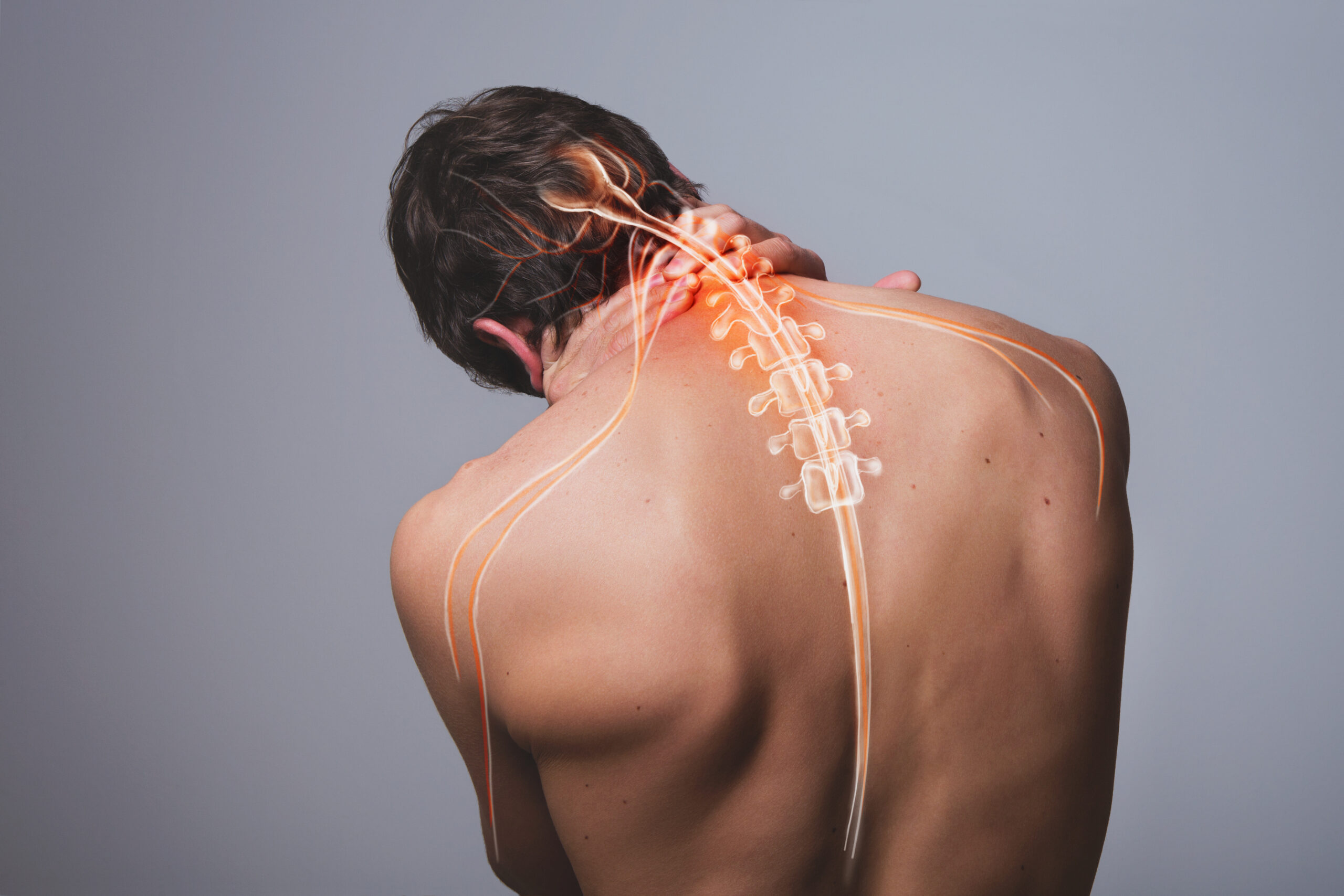
When it comes to treating chronic pain—or pain associated with surgery—clinicians are always looking for alternatives to opioids. “There are zero advantages to chronic opioid use,” says Earl Kilbride, MD, MHA, an orthopedic surgeon at the Austin Orthopedic Institute. While the US makes up about 4.4% of the global population,…

Editor's Note Hospitals that succeed in surveys are those that “hardwire safety so you’re not ramping up and down,” said John R. Rosing, MHA, FACHE, executive vice president and principal of Patton Healthcare Consulting. Speaking at the OR Manager Conference, Rosing reminded perioperative leaders, “If we’re really about providing quality…

Editor's Note University of California San Francisco (UCSF) surgeons and researchers presented a wide range of original work at the American College of Surgeons’ 2025 Clinical Congress in Chicago, held October 4–7. According to an October 7 article published by UCSF, the meeting featured topics from perioperative opioid stewardship and…
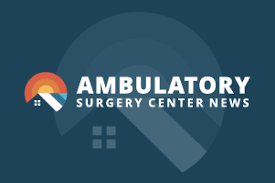
Editor's Note Bariatric surgery delivers greater weight loss and lower long-term costs than GLP-1 medications, Ambulatory Surgery Center News September 18 reports. A new JAMA Surgery study of more than 30,000 patients found that surgical patients lost nearly three times as much weight as those on medication while generating meaningful…
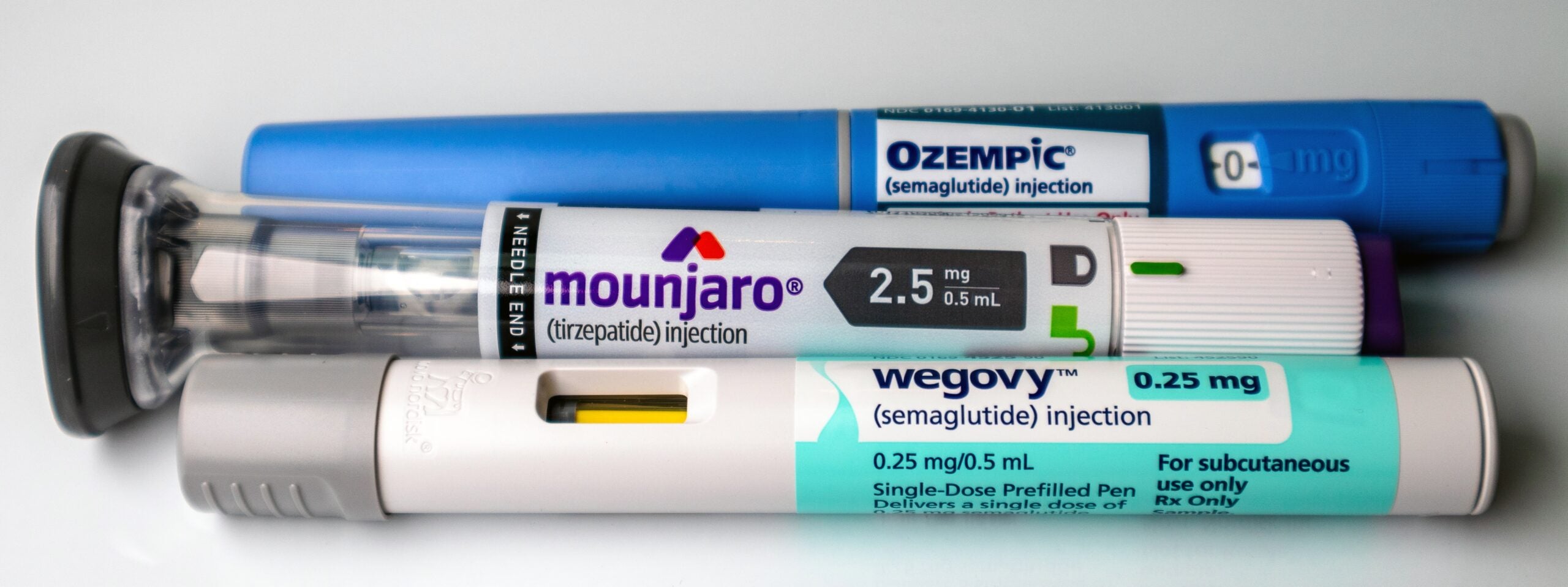
With the explosion of GLP-1–based therapies for type 2 diabetes and weight loss, perioperative nursing teams, especially in the preoperative and postanesthesia care areas, need to be fluent in recognizing these medications. Some patients may arrive on these agents—or even novel oral GLP-1s—and the physiologic effects, especially delayed gastric emptying,…
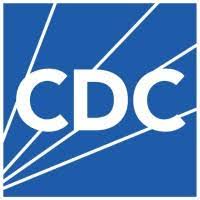
Editor's Note NDM-producing carbapenem-resistant Enterobacterales are climbing fast and straining treatment choices, according to a September 23 release from the Centers for Disease Control and Prevention (CDC) and published in the Annals of Internal Medicine. The agency warns NDM-CRE infections rose more than 460% in the US from 2019 to…
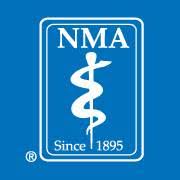
Editor's Note Medical and scientific groups across the US and abroad swiftly pushed back against President Donald Trump’s September 22 announcement that acetaminophen use in pregnancy may cause autism, with experts warning the claims are unsupported and potentially harmful. Trump, joined by HHS Secretary Robert F Kennedy Jr, also suggested…

Editor's Note Surgery and advanced implantable devices can give patients with drug-resistant epilepsy a far greater chance of seizure freedom than medication alone, UCSF News September 25 reports. While about 30 anti-seizure medications exist, one-third of patients do not achieve seizure control, and fewer than one in five seek care…

Editor's Note Many widely used supplements and herbal remedies can increase bleeding risk during surgery and should be stopped in advance, according to researchers at Wrocław Medical University. The findings highlight a gap in perioperative safety practices, The Am-Pol Eagle September 18 reports. The study, led by the university’s Department…
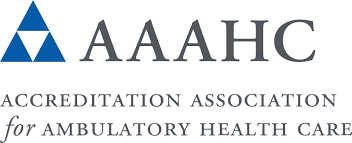
Editor's Note Ambulatory care leaders can now sharpen compliance strategies with the release of the 2025 Quality Roadmap from the Accreditation Association for Ambulatory Health Care (AAAHC), published September 22. The annual report distills more than a year of survey findings into practical guidance for addressing the most common accreditation…